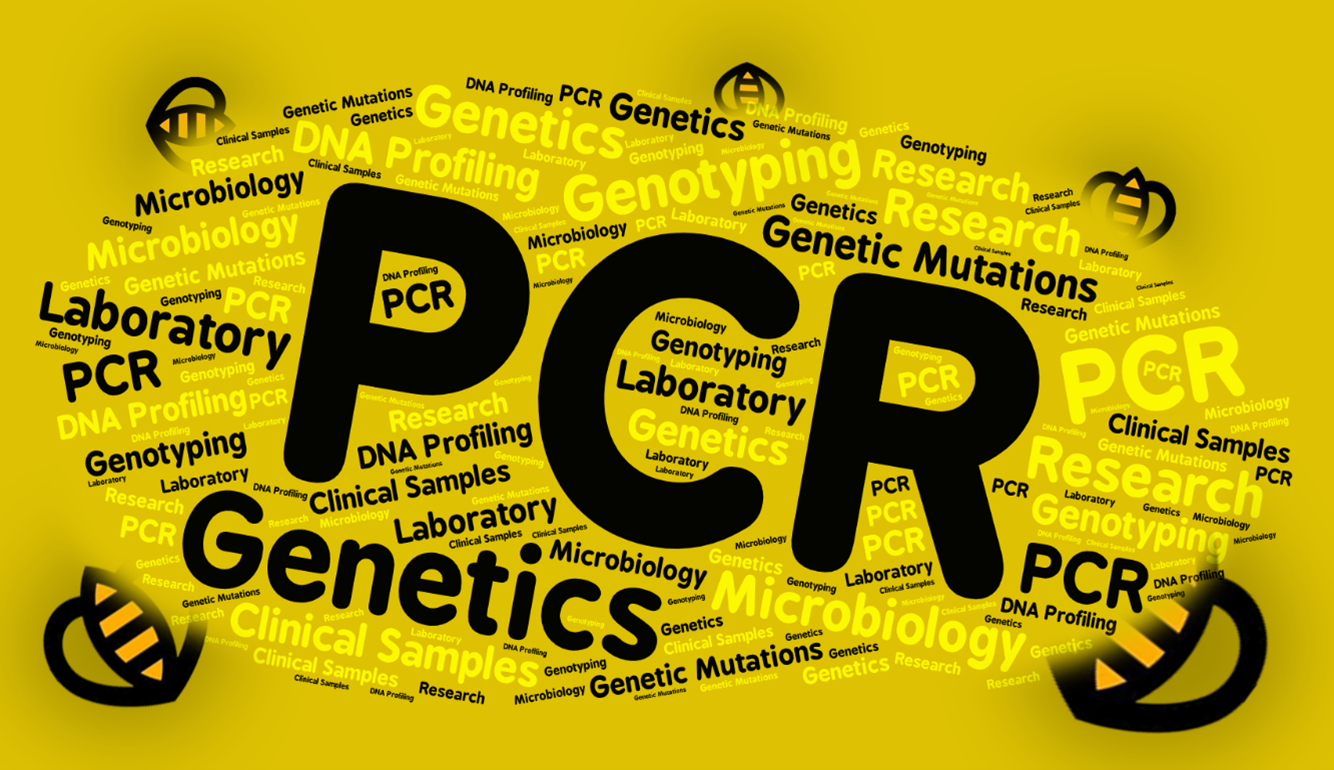Why PCR Matters

What is PCR?
PCR stands for Polymerase Chain Reaction. In the broadest sense, PCR is a laboratory technique that allows researchers to amplify a specific DNA sequence from a small amount of starting material, such as a single DNA molecule or a few cells.
What can PCR do for researchers?
PCR is a broadly spanning technique that plays a part in a range of applications across a range of fields, the most frequently of which include:
DNA Amplification: PCR allows scientists and researchers to amplify specific DNA sequences from a small amount of starting material, which can be used for further analysis, such as sequencing, cloning, or genotyping.
Diagnosis of diseases: PCR can be used to detect and diagnose infectious diseases by identifying the presence of a pathogen's DNA or RNA in a patient's sample, such as blood or saliva.
Study gene expression: PCR can be used to measure the expression levels of genes in different tissues or under different conditions, which can help scientists understand how genes are regulated and how they contribute to specific biological processes.
Detect genetic mutations: PCR can be used to detect mutations or variations in DNA sequences that are associated with genetic disorders or diseases.
PCR Techniques and Protocols
There are a plethora of PCR types, each with a specific application and protocol, here are a list of the most commonly used. These are Standard PCR (also known as endpoint PCR), Real-time PCR and RT-PCR (Reverse Transcriptase).
Standard PCR: Standard PCR, also known as endpoint PCR, is the original PCR method that amplifies a specific segment of DNA through a series of denaturation, annealing, and extension cycles. The final products are then visualised and analysed by gel electrophoresis. Standard PCR is often used for gene cloning, genotyping, and DNA sequencing.
Real-time PCR: Real-time PCR, also known as quantitative PCR (qPCR), is a variation of PCR that allows for the detection and quantification of DNA in real-time. This is achieved by using fluorescent probes or dyes that bind to the amplified DNA as it is synthesised. The amount of fluorescence is then measured after each cycle, providing a continuous measure of DNA amplification. Real-time PCR is commonly used for gene expression analysis, pathogen detection, and molecular diagnostics.
Reverse transcription PCR: Reverse transcription PCR, also known as RT-PCR, is a PCR-based method used to amplify RNA sequences. This involves first converting the RNA into complementary DNA (cDNA) using a reverse transcriptase enzyme, followed by standard PCR amplification of the cDNA. RT-PCR is often used to study gene expression and identify viral or bacterial pathogens.
How does it work?
The process involves three basic steps: denaturation, annealing, and extension. However, to fully understand the intricacies and details of PCR, it's best to explore our dedicated webpage that goes into more depth.
| Assay Kits | Buffers | Proteins and Biomolecules | Reagents |
Be sure to utilise the filters on the left side of the site to narrow down the options. 2BScientific is passionate about ensuring that customers get the precise, required product and have a friendly and knowledgeable team ready to answer any technical queries.
We here at 2BScientific are proud to be partnered with the following amazing suppliers to provide an incredible range of PCR based solutions: Amid Biosciences, Aviva Systems Biology, Jena Bioscience. If you have any queries regarding PCR, finding a product or custom services, please do not hesitate to contact us at info@2BScientific.com